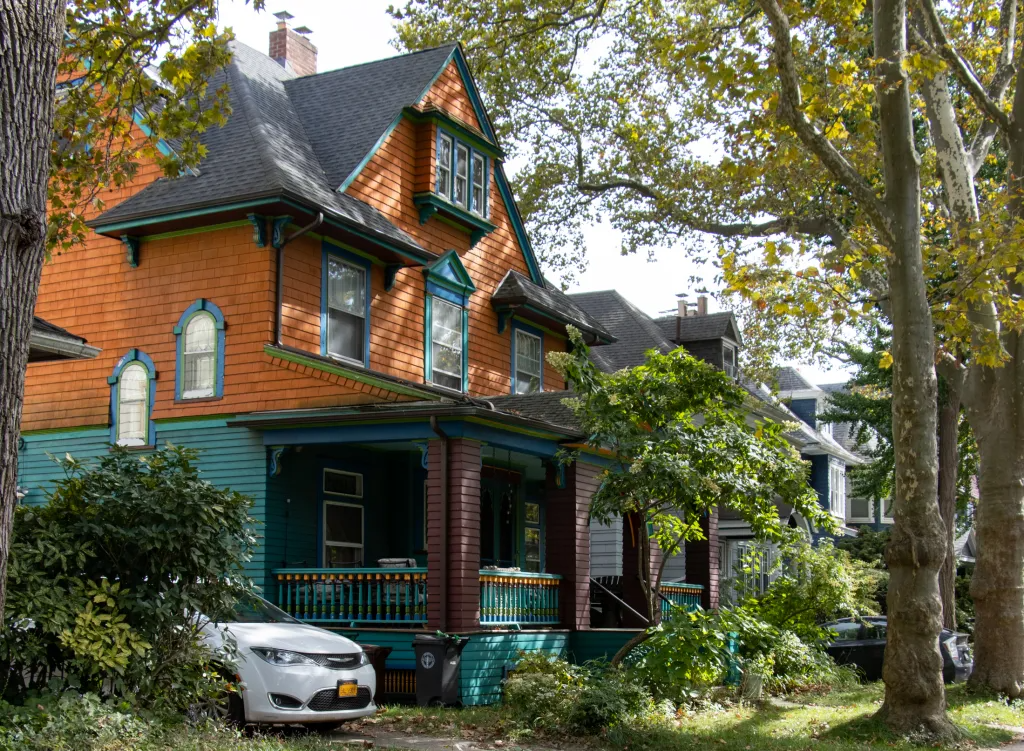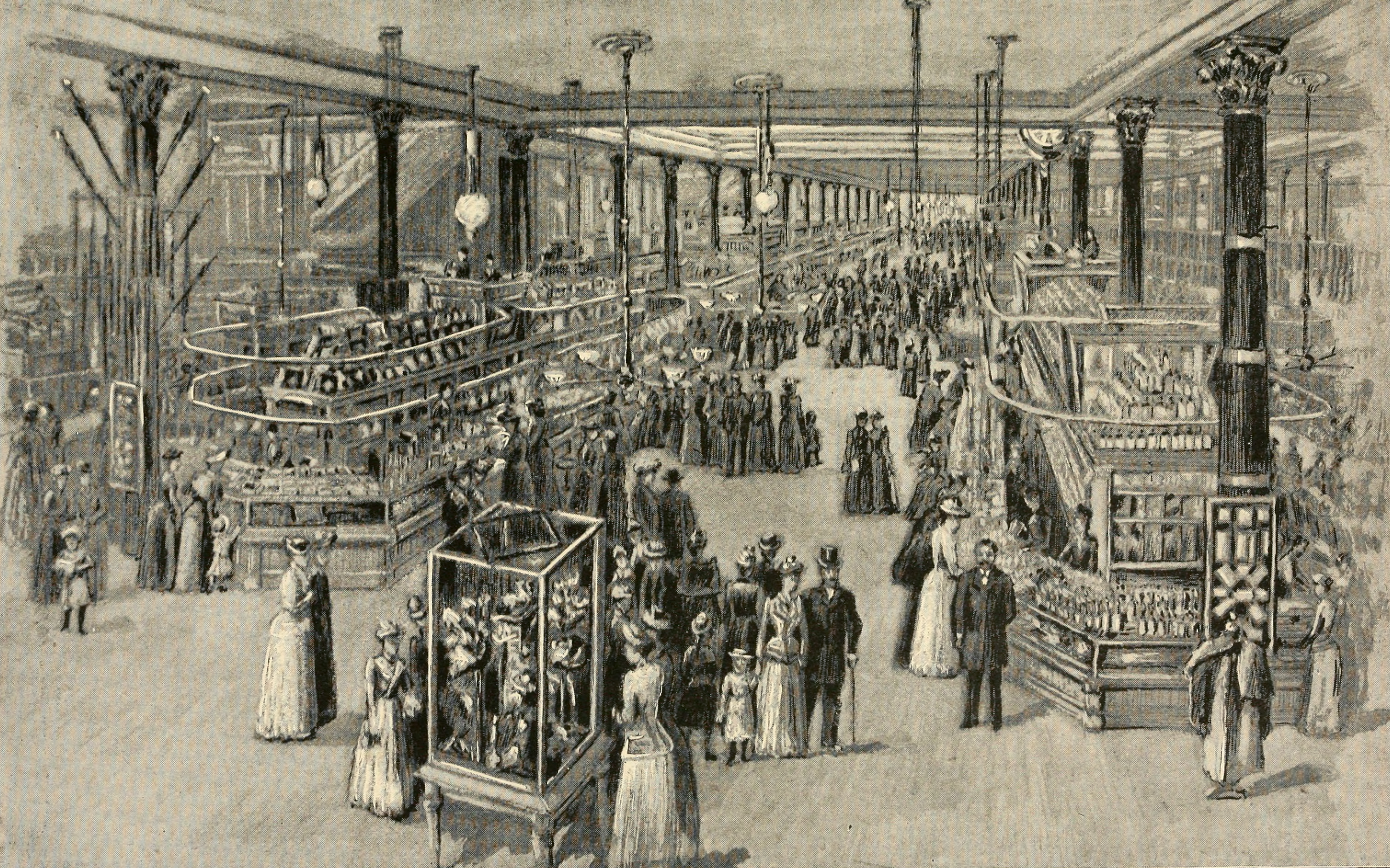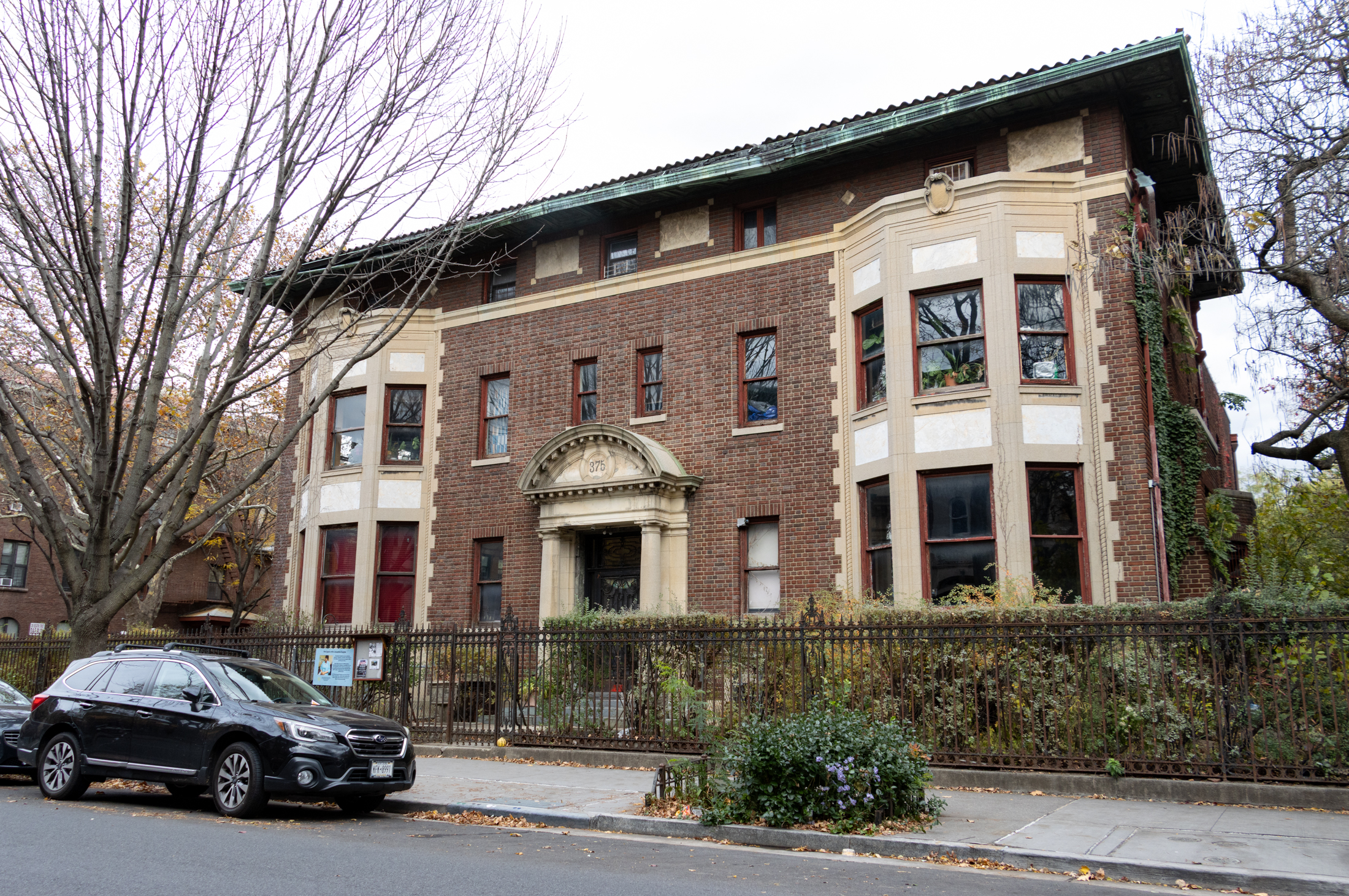Real Estate Market Will Be Fine by 2011
That’s what the National Real Estate Investor magazine says, anyway. Well, not fine, exactly, but they predict that another couple of years of “stagnant job creation and tepid economic growth” will yield better results come 2011. Dr. Rajeev Dhawan — one of the economists they consult — “is projecting real gross domestic product growth at…


That’s what the National Real Estate Investor magazine says, anyway. Well, not fine, exactly, but they predict that another couple of years of “stagnant job creation and tepid economic growth” will yield better results come 2011. Dr. Rajeev Dhawan — one of the economists they consult — “is projecting real gross domestic product growth at a rate of 1.4% in 2008, decelerating to 0.5% in 2009 before beginning an anemic recovery to growth of 2.2% by 2010,” they write. Banks will rebound, they say, and oil prices will drop, and maybe inflation will fall, and, after the rough patch, the world of real estate will recover. Even if that scenario plays out, here’s the big question: Since the New York City market took longer to fall, does that mean it’ll also lag on the way back up?
Economists Expect Real Estate Recovery in 2011 [NREI]
Sign of the Times. Photo by respres.





I find it extremely unlikely that NYC will somehow lag behind the rest of the country. I think 2011 is probably a pretty good guess for a turnaround.
I highly recommend the blog Calculated Risk for mortgage-related news. I haven’t seen anything as good. In particular this article about the peak in rate resets for Alt-A (between prime and sub-prime)loans :
http://tinyurl.com/5l2wll
So you’re likely to see another foreclosure spike at the beginning of 2010 which will further weigh on home equity, consumer confidence, credit markets, etc. As noted in the article, this will affect banks more than investment banks. Hopefully, the IB’s will get back on track in 2010. 2009 is going to suck for all markets (stock, credit, mortgage).
The best prediction of a bottom or top is when the NY S&P Case-Shiller Index approaches zero on a year-over-year basis. You won’t hit it exactly but will be close enough.
The data is available on the S&P site. If you add columns for change from peak/trough and YOY, you’ll see that this was the case for both the last bottom and the last top.
“2. (a) wait (b) don’t give up waiting (c) don’t buy (d) watch the market go up.”
Very unlikely scenario. History will tell you that RE changes very quickly at the top but very slowly at the bottom. There’s more of a rush to sell than to buy.
Good luck everyone!
“Go to a cocktail party and loudly announce that New York real estate is a great investment.”
If this is the test I would say we were there in November last year.
Trying to catch a bottom or a top is hard even in fast moving liquid markets.
If you are waiting to buy, don’t be surprised if you;
1. (a) wait (b) give up waiting (c) buy and (d) watch the market go down.
2. (a) wait (b) don’t give up waiting (c) don’t buy (d) watch the market go up.
The same applies if you are waiting to sell. It’s a market, it wont turn at a time that is convenient to you. I don’t think anyone is capable of predicting what is going to happen in NY with any certainty. I personally think it is clear that prices won’t be rising in the next year or so but whether they stabilize here, drop fast, drop slow and to what extent is completely up in the air.
Lechacal, I was pulling your leg. The phrase is subscribe to the theory, not ascribe.
dittoburg: My choice between the two is mostly based on gut. That there *will* be a correction is based on quite a lot more than that, but the speed of the correction is much harder to predict.
sebb: To the extent employment figures affect real estate prices, it is the *change* that matters, not absolute employment numbers, and the current trend in NYC is decidedly negative (particularly in industries that produce buyers rather than renters).
One thing everyone must realize is that there are no jobs in the United states except for NYC and parts of Cali. If anyplace will hold the value it is NYC and San Fran.
What do you ascribe to the former theory?
😉
Something else to note: The real estate markets being “fine” in 2011 just means that prices will have stabilized and will have returned to a normal and boring rate of appreciation. It does NOT mean that someone who just bought a crappy lower duplex brownstone condo conversion for $1.2 million will be able to sell for anything near the price they paid. The amount of time it takes for prices to reach their current peak levels again will be much longer.
Time will tell, of course. My guess has been that 2010 will be the bottom for NYC (and my second guess is Dumbo gets hit real hard at some point).
But the most important factors will, as always, be Wall Street jobs and quality of life.
If Wall Street isn’t hiring and/or random street crime goes up, prices will keep going down in all but the best neighborhoods until that changes.
Also neighborhoods that appeal to families will probably be more stable. That is, a bunch of single people in their 20s and 30s will be quicker to bail out on a neighborhood than people who have decided to raise their children there.
Just my 2 cents.